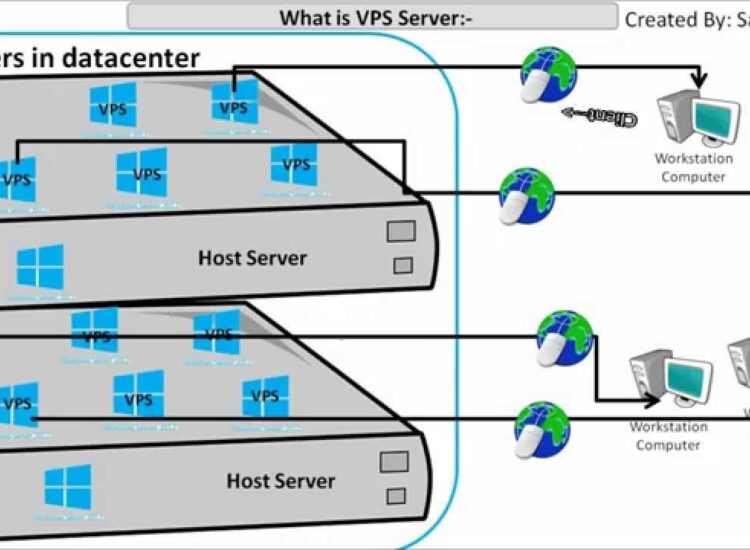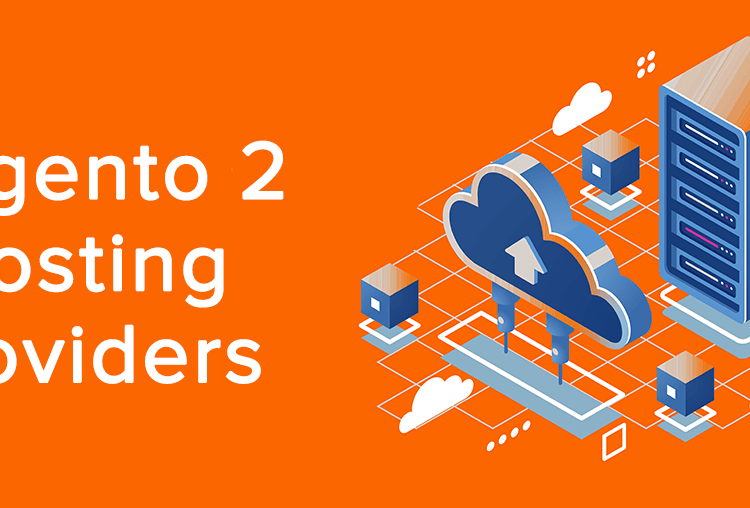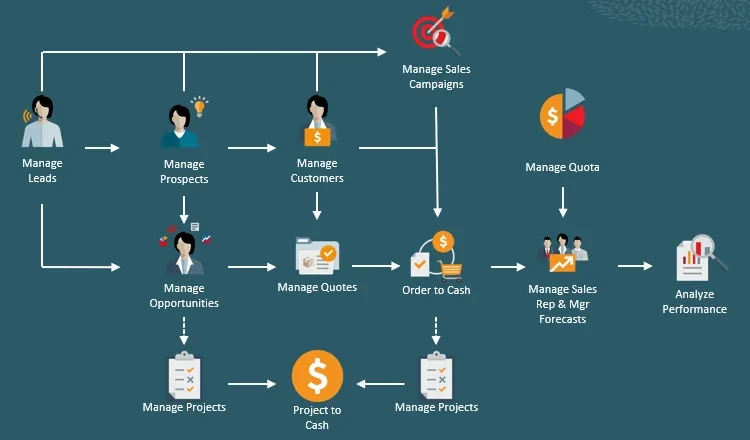The demand for educational leaders is increasing, with a projected shortage of qualified professionals in the coming years. This creates significant opportunities for those pursuing advanced degrees, and ed.d online degrees offer a flexible pathway for working educators to meet this demand. However, the high cost and time commitment remain considerable challenges. This guide examines the practical considerations of pursuing an online Ed.D.
Toc
- 1. Understanding the Landscape of Ed.D. Online Degrees
- 2. The Benefits of Ed.D. Online Degrees
- 3. Exploring Specializations in Online Ed.D. Programs
- 4. Related articles 01:
- 5. Navigating Accreditation and Program Quality
- 6. Financial Considerations for Doctoral Studies
- 7. Career Advancement and Salary Potential
- 8. Strategies for Success in Online Doctoral Programs
- 9. Conclusion: Your Path to Educational Leadership
- 10. Related articles 02:
Understanding the Landscape of Ed.D. Online Degrees

In the evolving world of educational leadership, online Ed.D. programs have emerged as a game-changing option for ambitious K-12 educators seeking to advance their careers. These programs provide a unique opportunity to balance professional responsibilities with academic growth, offering unprecedented flexibility for working professionals. As the educational landscape continues to change, the role of educational leaders becomes increasingly vital. With the rise of technology in the classroom and a growing emphasis on student outcomes, the need for well-trained administrators is greater than ever.
Ed.D. vs. Ph.D.: Choosing the Right Doctoral Path
When exploring Ed.D. online degrees, it’s crucial to understand the fundamental differences between a Doctor of Education (Ed.D.) and a Doctor of Philosophy (Ph.D.) in Education. Both degrees represent significant academic achievements, but they cater to different career aspirations and educational philosophies.
Key Distinctions
- Focus: The Ed.D. program is primarily designed for practitioners who aspire to leadership roles within educational settings. It emphasizes practical applications of educational theories and research, making it ideal for K-12 educators. In contrast, the Ph.D. is research-focused and often involves a more theoretical approach, preparing graduates for careers in academia or research-intensive roles.
- Research Methodologies: The types of research methodologies employed in each degree differ significantly. Ed.D. dissertations often utilize action research or qualitative methods focused on practical improvements within specific educational contexts. Conversely, Ph.D. dissertations may involve larger-scale quantitative studies contributing to broader theoretical understanding.
- Career Trajectory: Graduates of Ed.D. programs typically pursue leadership positions in K-12 education, such as principals or superintendents. Those with a Ph.D. often find themselves in academia or engaged in high-level research positions.
- Research Components: Both Ed.D. and Ph.D. programs require research, but the nature of this research varies significantly. Ed.D. candidates often engage in applied research that addresses real-world problems within educational institutions, whereas Ph.D. candidates typically conduct original research aimed at contributing new knowledge to the field.
- Dissertation vs. Capstone Project: Although Ed.D. programs usually require a dissertation, some may offer alternative options such as capstone projects, appealing to those interested in practical outcomes. For individuals seeking a Doctorate in education online with no dissertation requirement, it is essential to research specific programs that may offer this flexibility.
The Benefits of Ed.D. Online Degrees
Ed.D. online degrees provide numerous benefits for K-12 educators. The flexibility of online learning allows professionals to continue their teaching responsibilities while pursuing advanced education. This balance can lead to improved job performance and increased confidence in leadership roles.
Moreover, online programs often utilize innovative technologies and instructional methods, providing students with the skills necessary to integrate technology into their own classrooms. The collaborative nature of many online courses also fosters networking opportunities with fellow educators, which can lead to valuable professional connections and mentorship. For instance, organizations like the American Association of School Administrators (AASA) and the National Association of Secondary School Principals (NASSP) offer platforms for networking and professional development.
Counterargument: Challenges of Online Learning
However, it’s important to acknowledge that online learning comes with its own set of challenges. Students may face a lack of face-to-face interaction with faculty and peers, which can limit opportunities for immediate feedback and support. Additionally, success in an online environment requires strong self-discipline and effective time management skills to juggle academic responsibilities with personal and professional commitments.
Exploring Specializations in Online Ed.D. Programs
Prospective students can choose from several targeted specializations designed to meet diverse educational leadership needs. These specializations allow educators to tailor their degree to align with their career goals and interests, enhancing their expertise in specific areas of education.
Top Ed.D. Specialization Options
- Educational Leadership: This specialization prepares educators for roles such as principals or superintendents, focusing on the skills necessary for effective school management and leadership.
- Curriculum and Instruction: Ideal for those interested in curriculum development, this program delves into instructional strategies and assessment methods to improve student learning outcomes.
- Special Education Leadership: This concentration focuses on equipping educators with the skills needed to lead special education programs effectively, ensuring that all students receive a quality education.
- Educational Technology: As technology becomes increasingly integral to education, this specialization prepares leaders to integrate technological tools into the classroom and curriculum, enhancing teaching and learning experiences.
- Higher Education Administration: For educators aiming for roles in post-secondary institutions, this program provides insight into the complexities of higher education governance and administration.
- Social-Emotional Learning (SEL): With the growing emphasis on social-emotional learning in K-12 education, some Ed.D. programs now offer specializations focusing on SEL, preparing educators to foster environments that promote students’ emotional and social development.
Program Flexibility and Options
Educators have multiple pathways to complete their doctorate. Most Ed.D. online degrees typically take between three to five years to complete, depending on the institution and the student’s pace. However, some programs advertise accelerated tracks, such as 2 year Ed.D. programs online or even 1 year Ed.D. programs online, which may require more intensive coursework.
1. https://hami.vn/mmoga-accounting-classes-online-courses-a-comprehensive-guide/
2. https://hami.vn/mmoga-your-gateway-to-success-exploring-the-best-computer-science-online-degrees/
3. https://hami.vn/mmoga-online-degrees-for-psychology-a-career-changers-guide/
5. https://hami.vn/mmoga-grand-canyon-university-online-degrees-your-path-to-career-advancement/
The increasing trend of micro-credentials in education is also worth noting. These shorter, focused programs can supplement or even partially replace traditional coursework in some Ed.D. programs, allowing for more tailored professional development.
The availability of various course topics also enhances the learning experience. Courses within these specializations may include:
- Leadership Theory and Practice
- Curriculum Development and Assessment
- Research Methods in Education
- Educational Policy Analysis
- Instructional Design These courses prepare educators to tackle the challenges they will face in leadership positions.
When selecting Ed.D. online degrees accredited programs, it is essential to ensure that the institution and program meet specific educational standards. Accreditation plays a crucial role in the recognition of your degree by employers and professional organizations.
Accreditation Essentials
- Importance of Accreditation: Regional accreditation is particularly important for Ed.D. online degrees. Programs accredited by recognized bodies ensure that students receive a quality education that prepares them for leadership roles. Without proper accreditation, graduates may face difficulties in the job market.
- How to Find Accredited Programs : To verify a program’s accreditation status, prospective students should check the institution’s website or consult databases from accreditation organizations. It is also essential to consider additional factors when choosing a program, such as:
- Program Reputation: Research how the program is viewed within the educational community.
- Faculty Expertise: Look for programs with faculty who have relevant experience and a strong track record in educational leadership.
- Curriculum Relevance: Ensure the curriculum aligns with your career goals and interests. For those considering Ed.D. online degrees accredited by recognized institutions, careful research is necessary to ensure they choose a program that meets their needs.
Financial Considerations for Doctoral Studies
Understanding the financial implications of pursuing an Ed.D. online is crucial for prospective students. The cost of pursuing an Ed.D. online can vary significantly based on the institution and program structure.
Tuition Costs
On average, the cost for Ed.D. online degrees ranges from $20,000 to $60,000 , depending on the institution and program offerings. For those seeking the cheapest online EdD programs, it is essential to compare tuition rates and consider the overall value of the education received.
Funding Opportunities
There are several avenues to explore for funding an Ed.D. program:
- Scholarships and Grants: Many institutions offer scholarships specifically for graduate students. Researching available grants can also help reduce costs.
- Loans: Federal and private loans are available for students pursuing higher education.
- Employer Tuition Reimbursement: Some employers may offer financial assistance for employees seeking to advance their education.
Income During the Program
Additionally, students may consider part-time work or adjunct teaching positions while enrolled in their Ed.D. program. This can provide supplemental income to help offset educational costs and may also offer valuable experience in educational settings.
While fully funded EdD programs online are rare, some institutions may offer substantial financial aid packages or assistantships that can alleviate costs.
Career Advancement and Salary Potential
Earning an Ed.D. can significantly enhance career prospects for K-12 educators. Graduates may find opportunities in various leadership positions, leading to increased responsibilities and higher salaries.
Potential Career Paths
Graduates with an Ed.D. may pursue roles such as:
- Principal: Overseeing school operations and staff, ensuring student success.
- Superintendent: Leading an entire school district and making crucial administrative decisions.
- Curriculum Specialist: Developing and implementing curriculum strategies to improve educational outcomes.
- Instructional Coach: Supporting teachers in refining their instructional practices.
Salary Expectations
According to the Bureau of Labor Statistics, the median salary for education administrators is approximately $90,000 annually, with variations based on location, level of responsibility, and experience. Positions such as superintendents often command higher salaries, reflecting the leadership required for these roles.
However, it is important to consider the competitive nature of the educational leadership job market. In certain geographic areas or school districts, advancement opportunities may be limited, which could impact salary expectations. Therefore, it’s crucial for graduates to research job markets in their desired locations.
The long-term return on investment for an Ed.D. is generally favorable, as the degree opens doors to higher-paying positions and leadership opportunities within education.
Strategies for Success in Online Doctoral Programs
Navigating an online Ed.D. program requires effective time management and study strategies. Here are some tips to enhance the experience:
Effective Time Management
Balancing work, studies, and personal life can be challenging. Establishing a schedule that allocates specific times for studying, assignments, and relaxation is crucial. Setting realistic goals and deadlines can also help maintain motivation and progress.
Maximizing Your Online Learning Experience
Engaging actively with online course materials and participating in discussions can enhance understanding and retention of information. Networking with peers can provide support and foster collaboration on projects.
Additionally, utilizing available resources such as academic advising, tutoring services, and library access can further enrich your learning experience. Seeking mentorship opportunities, whether through faculty or professional organizations, can provide valuable guidance and support throughout your academic journey.
Conclusion: Your Path to Educational Leadership
Pursuing an Ed.D. online represents a transformative journey for K-12 educators committed to making a broader impact. By carefully selecting from the best online EdD programs and strategically navigating academic and professional challenges, you can unlock new dimensions of educational leadership.
The right program can provide the knowledge, credentials, and network to elevate your career and contribute meaningfully to educational innovation. Whether you’re seeking to improve classroom instruction, drive systemic change, or take on administrative roles, an online Ed.D. offers a flexible and powerful pathway to achieving your professional goals.
Take the first step today — research accredited programs, evaluate your options, and embark on your doctoral education journey. The pursuit of an Ed.D. online is not just an academic endeavor; it is a commitment to excellence in education and a dedication to fostering positive change in schools and communities.
1. https://hami.vn/mmoga-online-degrees-for-psychology-a-career-changers-guide/
3. https://hami.vn/mmoga-accounting-classes-online-courses-a-comprehensive-guide/
4. https://hami.vn/mmoga-your-gateway-to-success-exploring-the-best-computer-science-online-degrees/
5. https://hami.vn/mmoga-grand-canyon-university-online-degrees-your-path-to-career-advancement/









